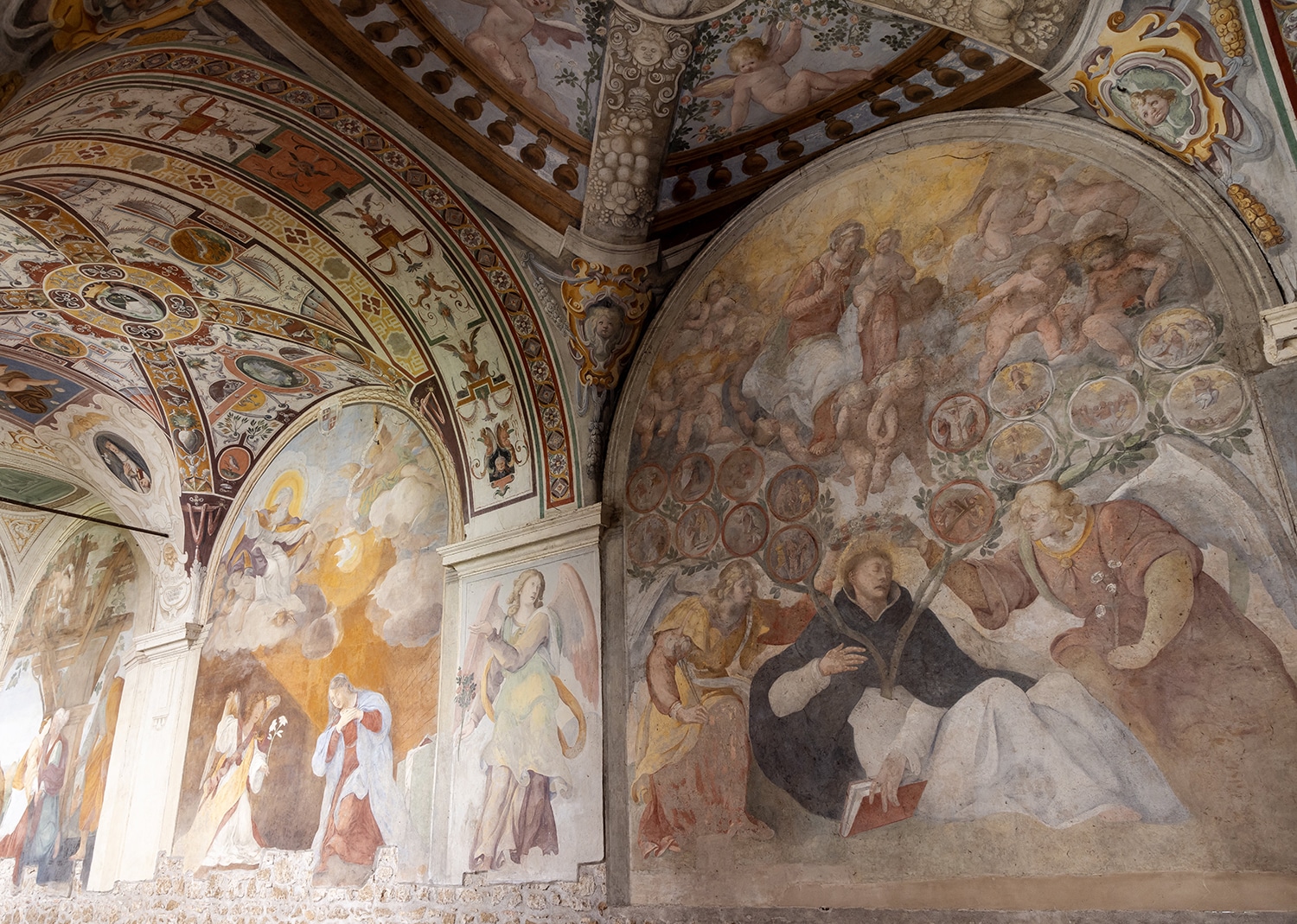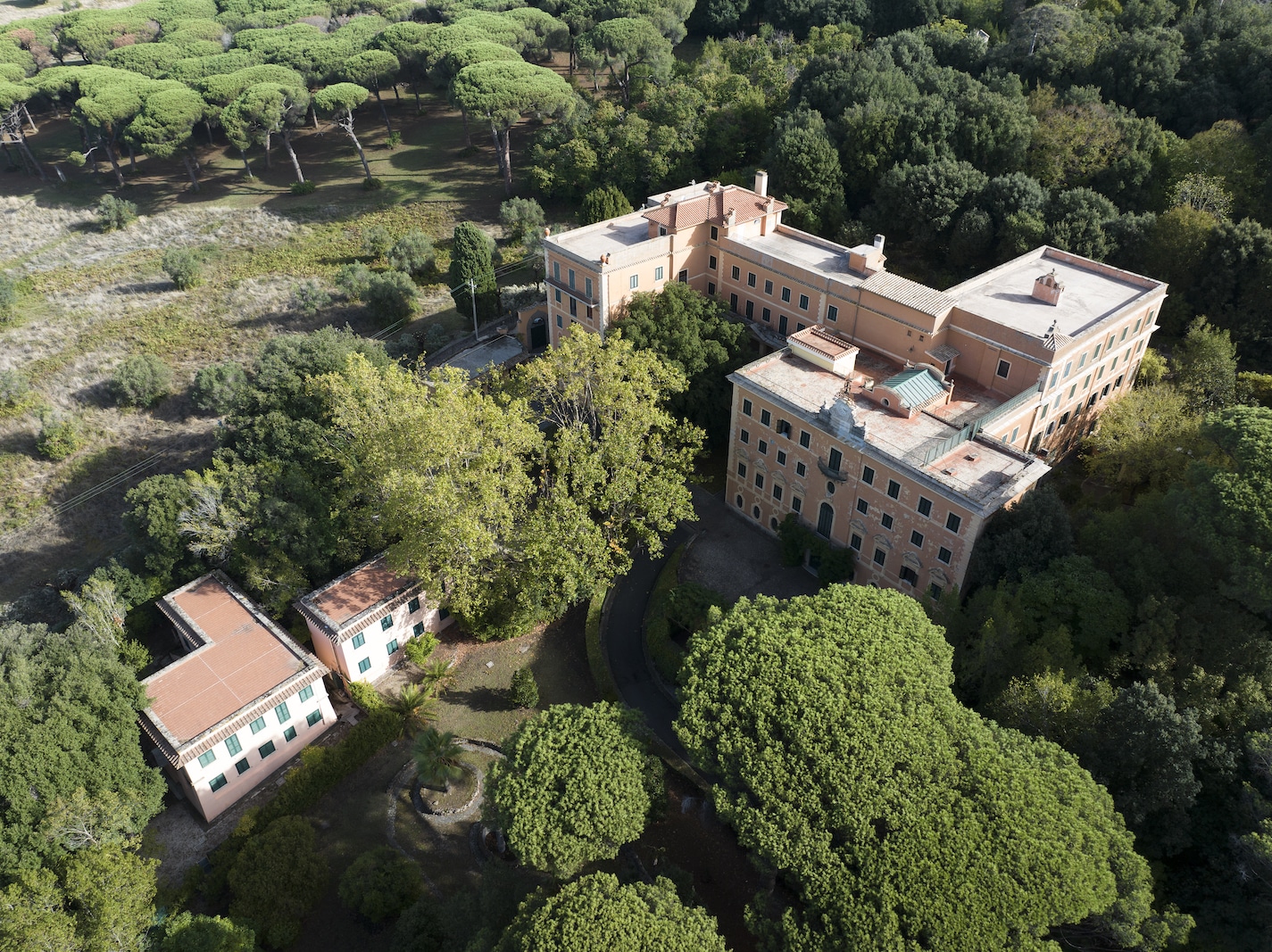This is me, slowly unpacking from our recent trip to a little island off the coast of Maine.
This is me, sheepishly putting away the seven (seven!) books I hoped to read on the beach, and then barely touched all week.
This is me, dolefully discovering that the “all ages” board game I ordered specially for the trip is still in its shrink wrap, after we spent zero evenings moving little plastic pieces around the table in raucous and wholesome family togetherness.
This is me closing the tabs with recipes for seafood dinners that I convinced myself we would not only cook, but also possibly harvest ourselves from the sea; and this is also me, cleaning all the cheeseburger wrappers out of the car.

The kites I packed didn’t even make it out of the trunk.
This is not me complaining about having been on vacation! It was lovely, and we’re lucky we were able to make it happen. We did swim and wade, clamber around on rocks, and eat ice cream. We came home tired and more or less happy, with pink shoulders and sand in our shoes.
And yes, I came home a little bit disappointed. I can’t help it: I have insanely high hopes every time I plan anything at all. I am who I am, and I know this; but I’m also perpetually disappointed when I don’t turn into someone else.
‘It’s not gonna get any better on a gondola’
Right before we left, I saw an old video from Saturday Night Live, where Adam Sandler plays Joe Romano of Romano Tours.
He tells the audience, “Here at Romano Tours, we always remind our customers: If you’re sad now, you might still feel sad there, okay?”
He warns us:
“We can take you on a hike. We cannot turn you into someone who likes hiking. We can take you to the Italian Riviera. We cannot make you feel comfortable in a bathing suit. We can provide the zip line. We cannot give you the ability to say, ‘Whee’ and mean it.”
I laughed at the video, and then I went right ahead and told myself that, when we got to the island, everything would be different. Through the sheer magic of dipping ourselves in salt water, we’d become joyful, energetic, screen-free types who love spending all our time together. And that did not happen. We had the week we had, because we are the people we are. And it was good! But it was not magically, instantaneously transformative. Of course, it wasn’t.
Like Joe Romano says, “[I]f you don’t like how you look back home, it’s not gonna get any better on a gondola.”
This is not only true for going on vacation: It’s true for everything.
Are you getting ready for a new year of school? Even if you’re enrolling somewhere different or trying a whole fresh program, you’re still going to be who you are as a parent, and your kids are still going to be who they are as kids.
Are you starting a new job? Even if it’s an entirely different situation, you’re still going to be you, doing that job.
Are you perhaps new to the Catholic faith? Welcome, and we’re so glad you’re here! Your life has a very good chance of being transformed, one way or another.
But not magically. Not instantaneously. And not without you deliberately, consciously deciding to make that happen, taking advantage of what the Church has to offer, and putting it into practice day by day, minute by minute.
And also, paradoxically, not without you letting go of control and letting grace work with who you are.
I watched the SNL skit again, and I laughed even harder. It’s not only brilliant and insightful, it’s hopeful, not discouraging. It’s not saying you’re doomed to stay mired in your flaws for your whole life, no matter what changes you make.
It is saying that exterior changes alone are not enough to change you inside. And that’s a good thing!
Here’s the crux of it. Joe Romano says:
“There’s a lot a vacation can do. Help you unwind, see some different-looking squirrels. But it cannot fix deeper issues, like how you behave in group settings, or your general baseline mood. That’s a job for incremental lifestyle changes sustained over time.”
A job for grace
Now instead of “vacation,” pretend he’s saying “your faith.”
There’s a lot going to church can do: Introduce you to the word of God. Offer you the sacraments. But it cannot fix deeper issues, like how you behave the other six days of the week, or your general baseline spiritual state. That’s a job for incremental lifestyle changes sustained over time.
You’re not unchangeable. That’s a huge part of the good news of the Gospel. Everybody is changeable! It’s just that changing your exterior life is important, but it is not going to be enough.
And this, too, is actually good news.
Think about it. If dipping into baptismal water and spending an hour inside a church building were enough to make you into a completely different person, what would that say about you? What would that mean about your fundamental makeup as an existential being? You’d be little better than some kind of cicada creature, responding witlessly to external stimuli, shedding your carapace on schedule and on command and emerging looking different. You might be glad to look different, but look: You’d still be a bug. Just a slightly juicier one. We can do better than that.
And that’s a job for grace.
That’s the other part of the good news of the Gospel. Just because the changes you want to see in yourself are not going to happen automatically or instantaneously, and just because it takes sustained effort on your part, that doesn’t mean you have to do it entirely on your own will power.
Jesus really can change you, radically, and a big part of that is hard work from you. But another big part is just letting him change you into the person he knows you are meant to be.
Real change, the kind of change that Jesus invites us to, really does require exterior changes. If we want to follow him, we might need to make some radical shifts in how we live and how we spend our time. But deep interior change only comes about if we let Jesus make it happen. It’s a strange combination of an act of the will and an act of sheer helplessness. This is what our faith really consists of.
Isn’t that strange? Isn’t that good news?
Glory to God, who makes all things new, if we let him. And thanks to Joe Romano for the reminder. It’s a good message, and worth unpacking.







